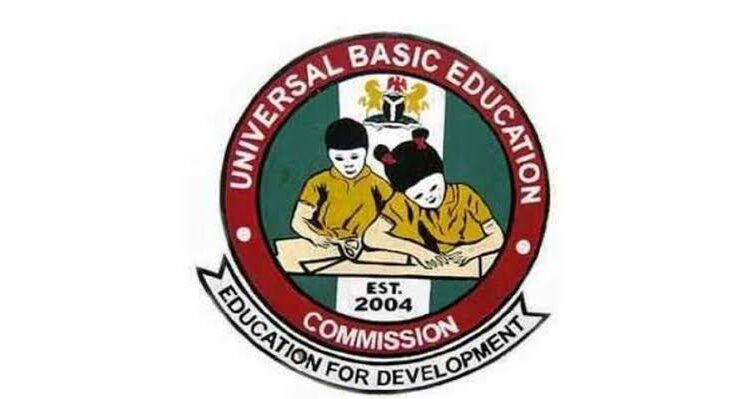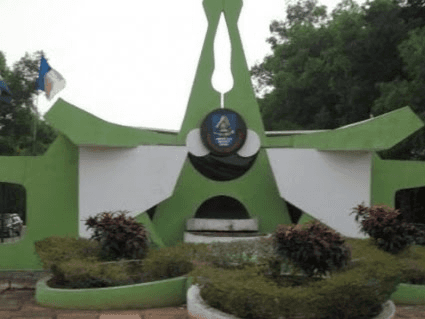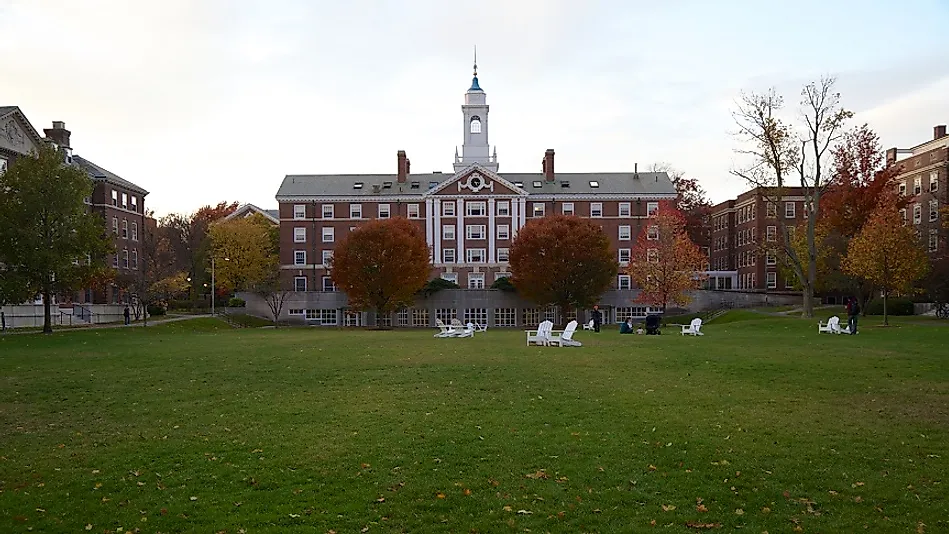33.3% of Nigeria’s basic school teachers lack proper qualifications – UBEC


Approximately one in three (around 33.33 per cent) of the teachers working in Nigeria’s basic education schools do not possess the necessary qualifications, according to new data that highlights the extent of the challenges within the nation’s education sector.
According to statistics provided by the Universal Basic Education Commission (UBEC) for the 2022/2023 academic year, only 70.8 per cent of basic education teachers are properly qualified. This means that 492,912 teachers across the nation lack the appropriate credentials.
The South West zone has the lowest percentage of qualified teachers, with only 66.34 per cent, and it also reports the highest number of unqualified personnel, totalling 140,824.
In contrast, the North Central zone has the highest percentage of qualified teachers at 74.78 per cent, followed closely by the South East with 72.39 per cent, the North West with 72.04 per cent, and the North East at 71.41 per cent. The South South zone records 69.81 per cent.
In terms of absolute numbers, the North West has 95,833 unqualified teachers, the North Central has 81,636, the South South has 72,728, the North East has 53,938, and the South East has 47,953.
The immediate past Registrar of the Teachers Registration Council of Nigeria (TRCN), Prof Josiah Ajiboye, remarked in July, “The surge in the population of schoolchildren and the increase in the number of schools in Nigeria, both government and private, present a complex challenge for the education system.”
He added, “The availability and quality of qualified teachers are crucial factors in ensuring students receive quality education. However, the shortage of qualified teachers is a concerning issue in Nigeria for several reasons.”
UBEC estimated that public primary schools in the country currently enrol about 24.2 million pupils, while the figure for private schools stands at 7.4 million.
Decades of chronic underfunding, inadequate infrastructure, and rapid population growth have severely strained Nigeria’s education sector, and experts warn that a continued lack of teacher quality could further hamper attempts to raise literacy levels and improve learning outcomes.
Although Nigeria has committed to improving standards by investing in teacher development and enforcing stricter hiring practices, the new data shows that progress remains limited.
Education specialists caution that unless consistent investment is made, the shortage of qualified teachers could seriously threaten Nigeria’s goal of achieving universal access to quality education as outlined in global development agendas.









